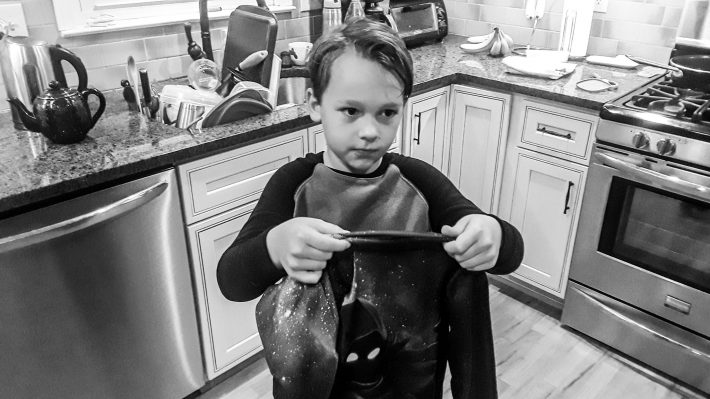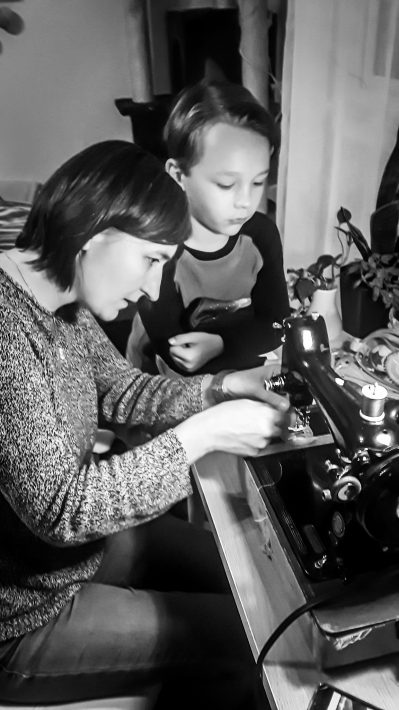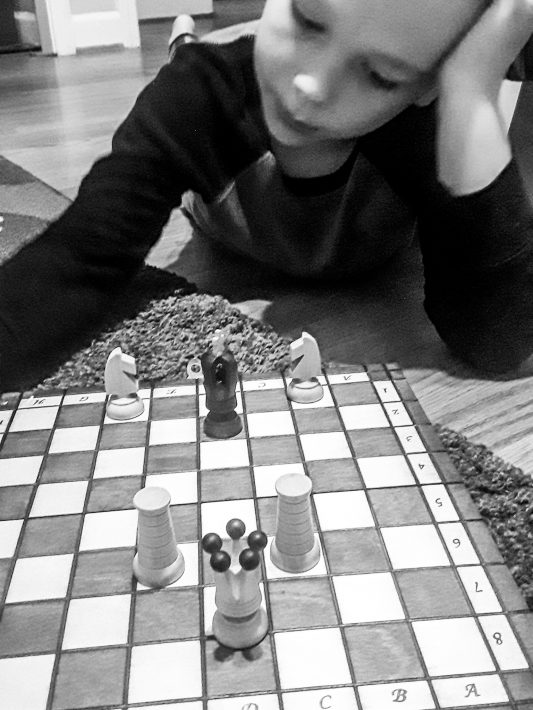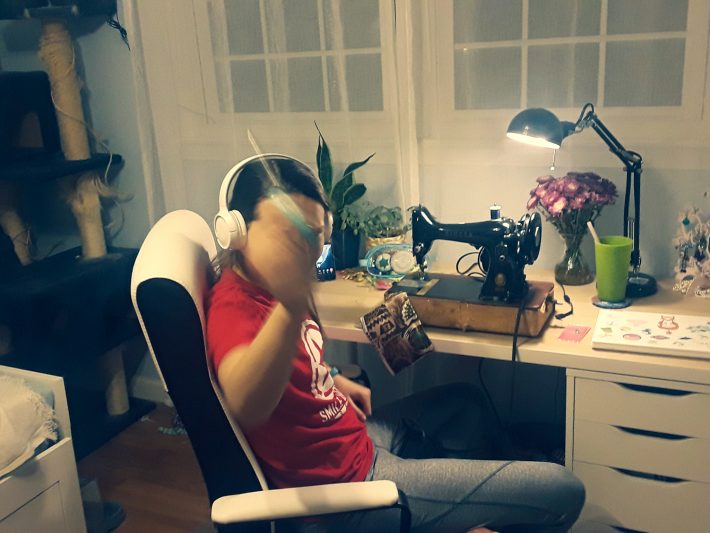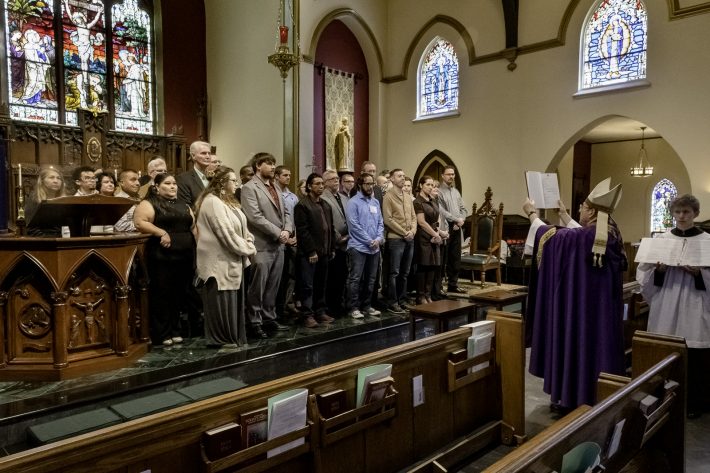And like that, everyone is living with the effects of a pandemic. The Girl’s tournament this week will almost certainly be canceled, and we aren’t going even if it isn’t: our club owner made an executive decision that no Excell teams will be playing there. USA volleyball recommended the cancellation of all tournaments, but the tournament organizers didn’t cancel. “I put the girls’ safety above everything else,” he said in a team meeting this evening after practice. “The NBA has stopped playing; universities have virtually closed down; schools are closing. It’s just not responsible to go.” And we all shook our heads in agreement.
It also puts into question our summer trip to Poland. It’s still three months away, but who knows how this will play out.
It’s gotten me to thinking macabre thoughts, though, about a potential pandemic a few years in the future that seems inevitable. A pandemic that, if it comes to pass, will have been completely preventable. The permafrost is melting due to rising temperatures, which in turn are due to our shortsightedness, past and present. Trapped within that permafrost are microbes that have been locked away from immunological history for millennia. When they get out, what will happen? In my mind, the worst-case scenario would make the present fears about coronavirus seem like the naive good old days.
Always the pessimist…
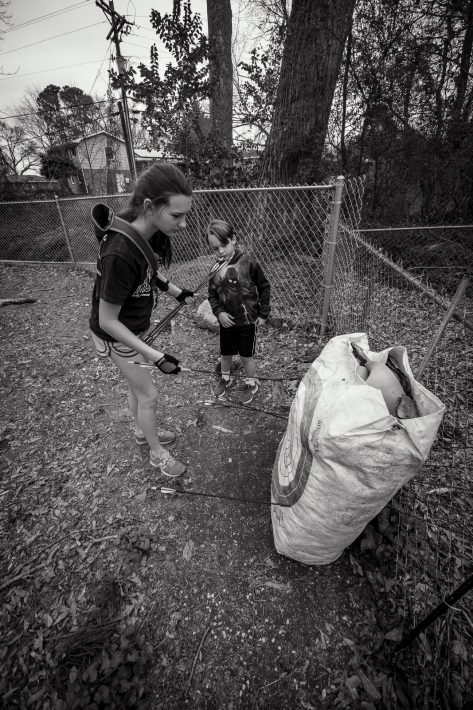
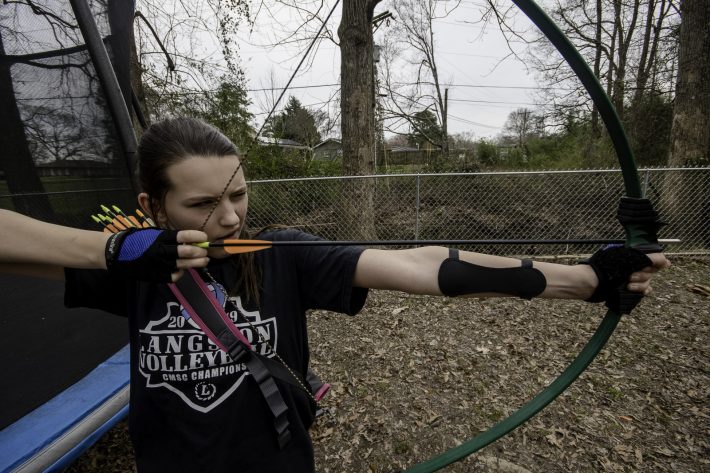
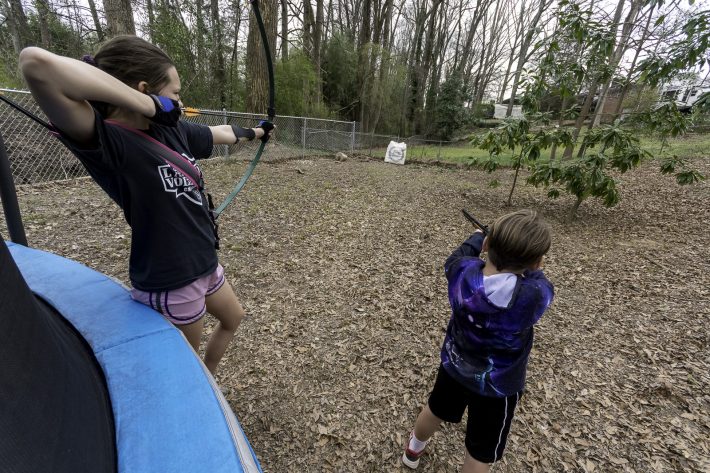
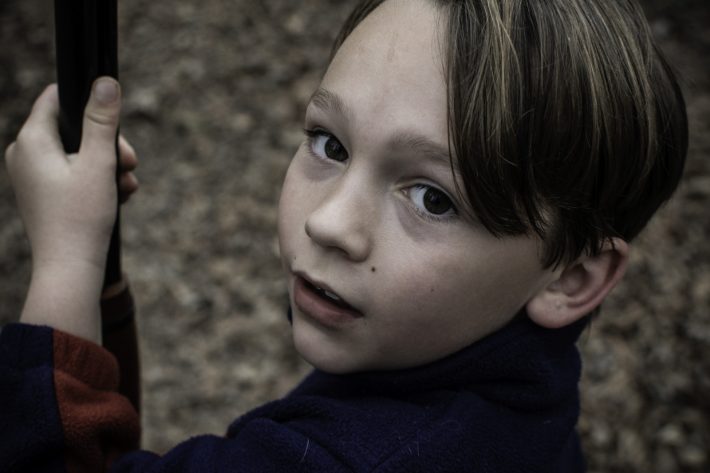
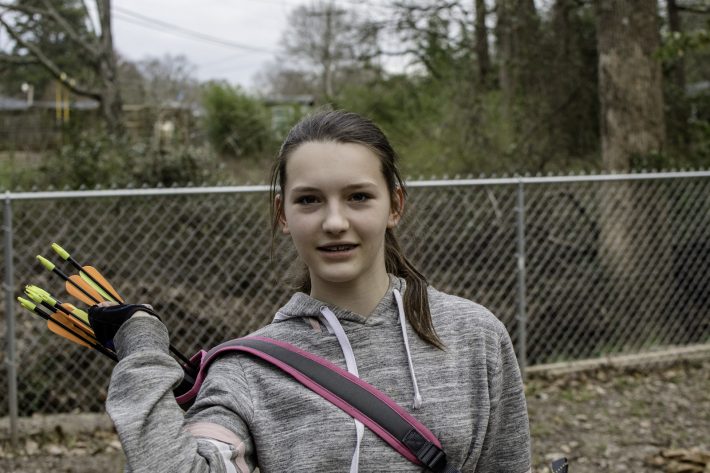

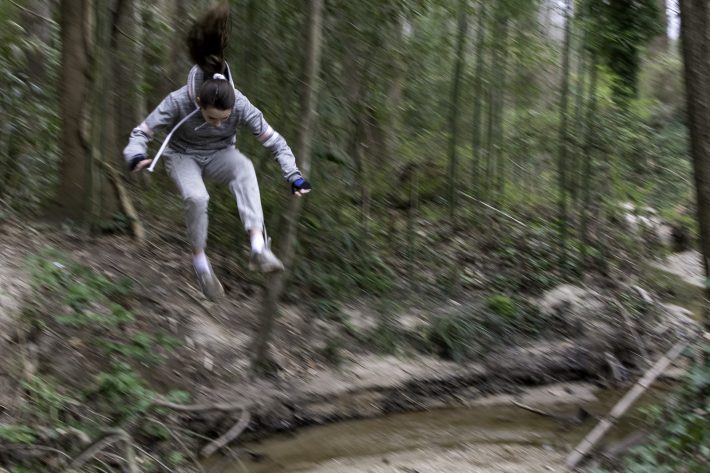
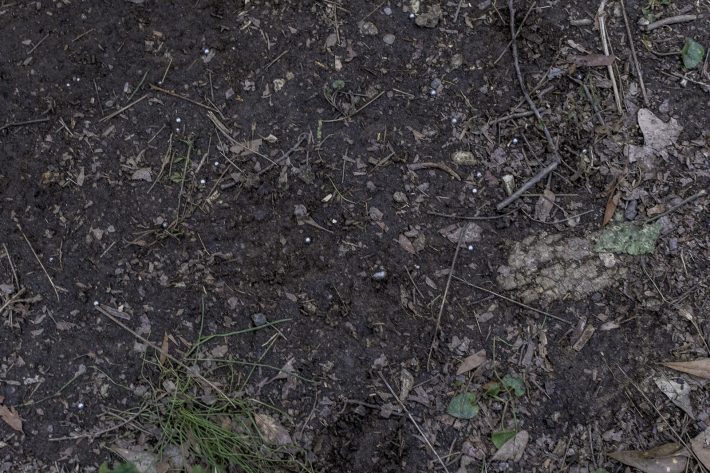
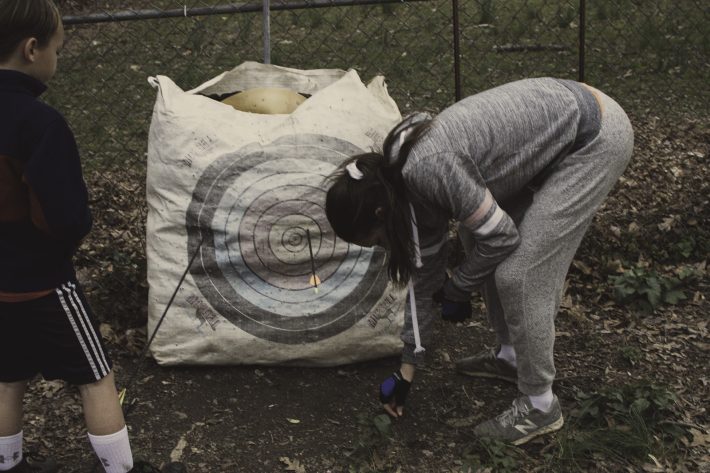



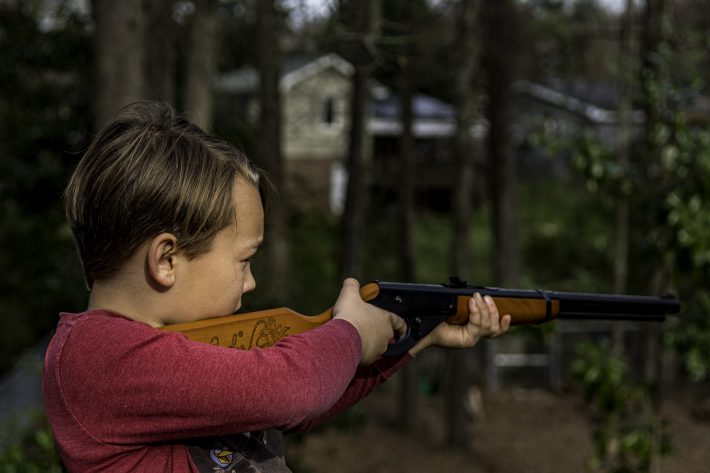

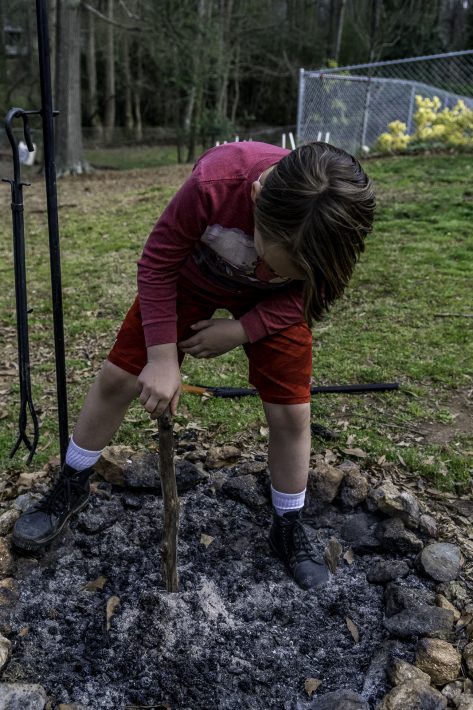


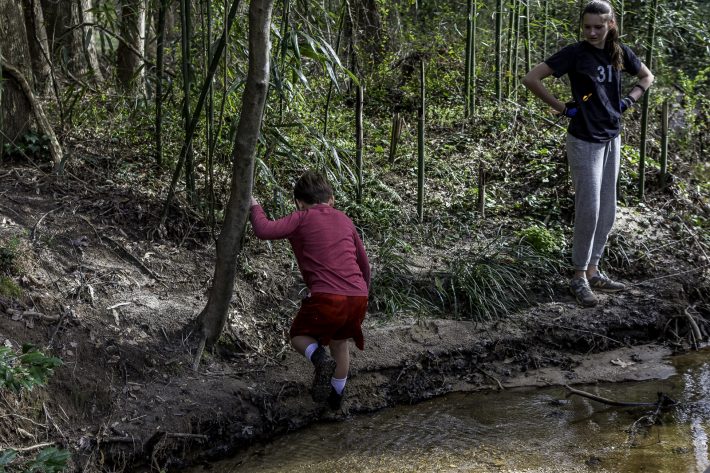

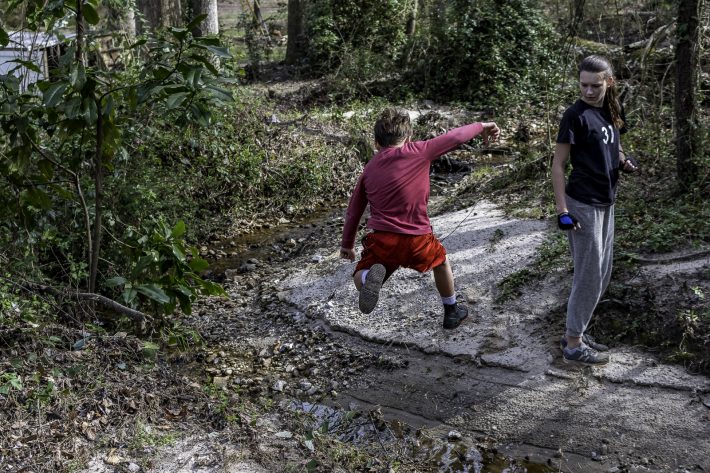
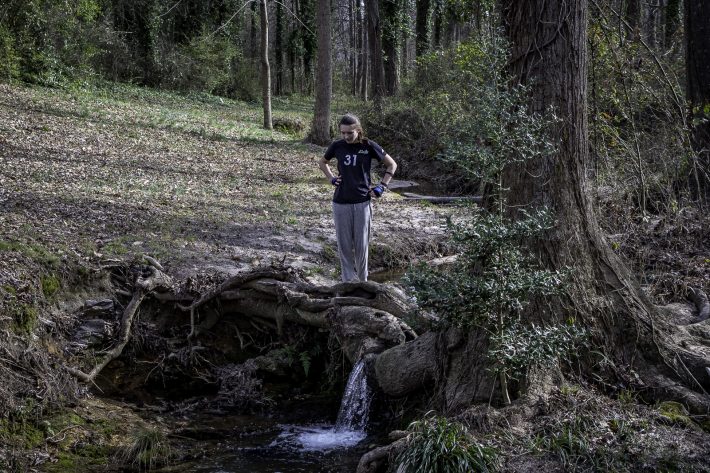

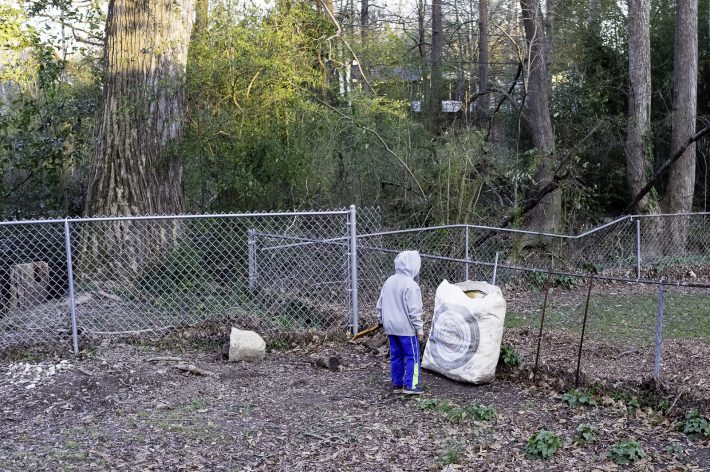
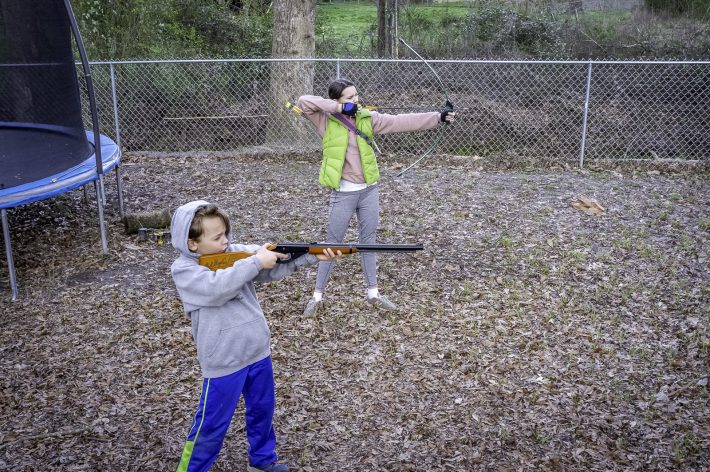
 Do I have to actually finish a book in order to review it? Doesn’t the fact that I couldn’t bring myself to slog through another page constitute a review in and of itself?
Do I have to actually finish a book in order to review it? Doesn’t the fact that I couldn’t bring myself to slog through another page constitute a review in and of itself?